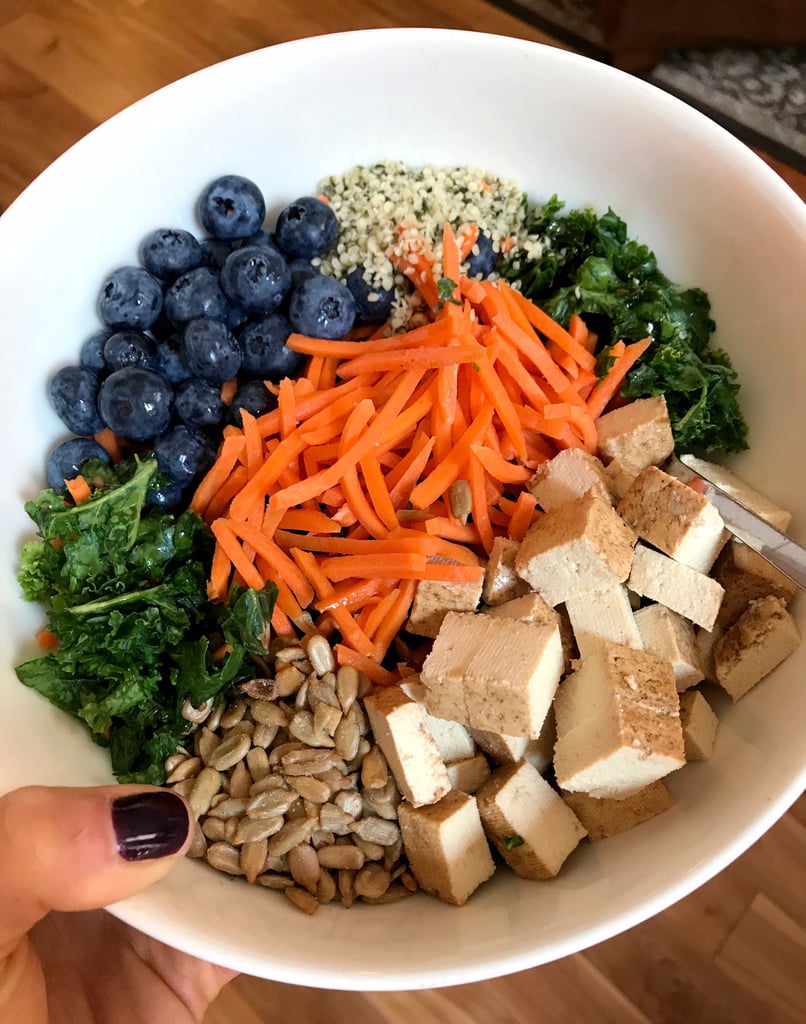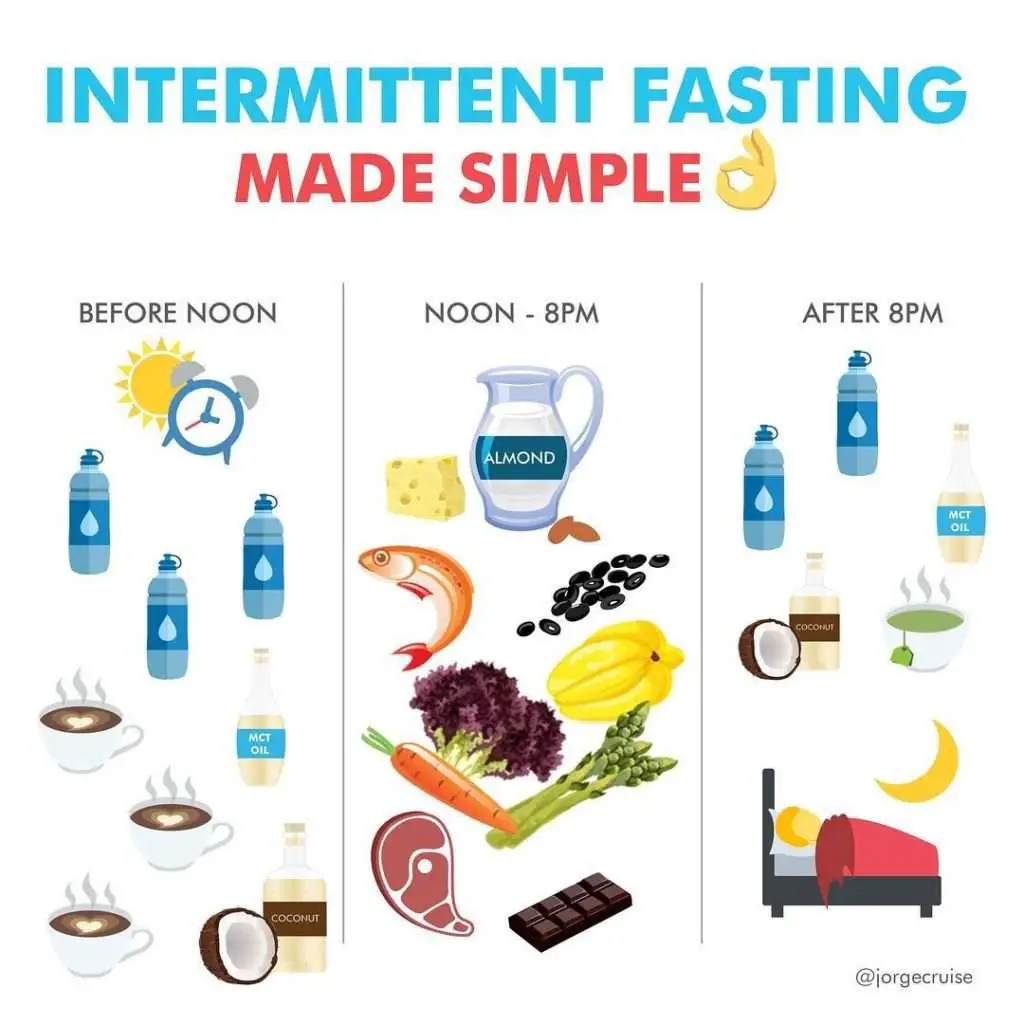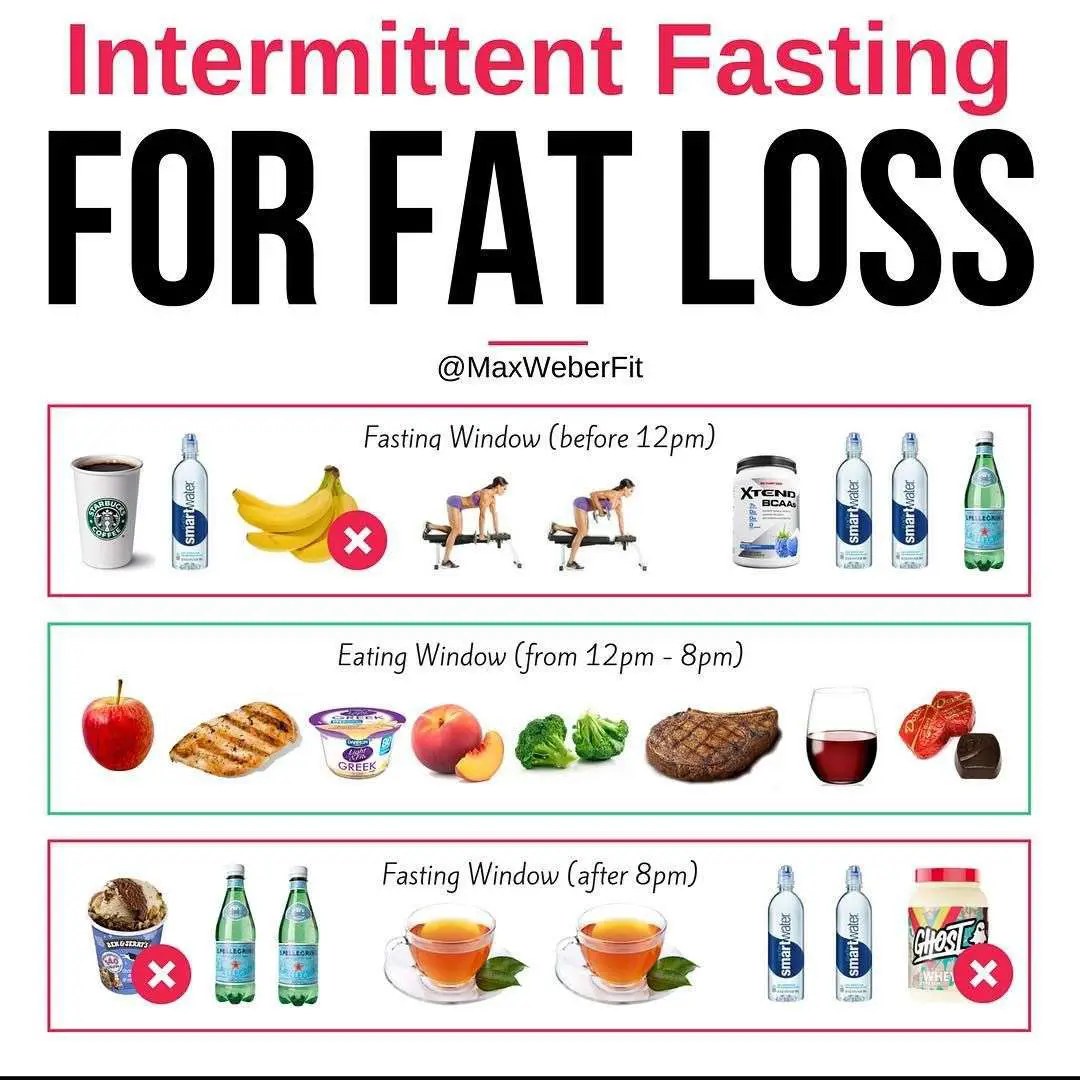what foods to eat intermittent fasting 8 intermittent fasting do’s and don’ts you need to follow
Intermittent fasting has become the talk of the town when it comes to weight loss and overall health improvement. With numerous success stories flooding social media and the internet, it’s hard not to take notice. But what exactly is intermittent fasting, and how can you make the most out of it? Let’s dive into the do’s and don’ts you need to follow for effective intermittent fasting.
Do’s:
 1. Start Slowly:
1. Start Slowly:
One of the most important do’s of intermittent fasting is to start slowly and gradually increase the fasting duration. Begin with a fasting window of 12-14 hours and progressively extend it to reach 16 or even 18 hours. This gradual approach allows your body to adapt and avoids unnecessary stress.
- Stay Hydrated:
During the fasting period, it’s crucial to stay hydrated. Water, herbal teas, and black coffee without any additives are allowed during the fasting window. Hydration not only helps to reduce hunger pangs but also aids in detoxification and overall well-being.
- Eat Nutrient-Dense Foods:
While intermittent fasting does not restrict any specific food groups, it’s essential to focus on nutrient-dense foods during your eating window. Incorporate plenty of fruits, vegetables, lean proteins, whole grains, and healthy fats into your meals. This ensures that you receive all the necessary vitamins, minerals, and antioxidants, promoting optimal health.
Don’ts:
 1. Don’t Overcompensate:
1. Don’t Overcompensate:
While it can be tempting to indulge in unhealthy treats during your eating window, try to avoid overcompensating for the fasting period. Opt for balanced meals that are nourishing and satisfying rather than empty calories. This way, you’ll make the most out of your fasting regimen.
- Avoid Excessive Snacking:
Intermittent fasting is not an excuse for constant grazing. Avoid mindless snacking throughout the day, even if it’s within your eating window. Stick to scheduled meals and listen to your body’s natural hunger signals. This will help maintain a healthy relationship with food.
- Don’t Neglect Rest and Recovery:
While intermittent fasting can have many benefits, it’s important not to neglect rest and recovery. Make sure to prioritize sleep, manage stress levels, and include regular physical activity in your routine. These factors, combined with intermittent fasting, can provide optimal results for your overall well-being.
Intermittent fasting can be an excellent tool for weight loss, improving insulin sensitivity, and even boosting brain function. Remember to consult with a healthcare professional before starting any new diet or fasting regimen, especially if you have any underlying health conditions. With proper guidance, dedication, and consistency, intermittent fasting can truly transform your lifestyle and help you achieve your health goals.
If you are looking for What I Eat in a Day Intermittent Fasting | POPSUGAR Fitness you’ve came to the right place. We have 5 Pictures about What I Eat in a Day Intermittent Fasting | POPSUGAR Fitness like What’s The Best Food To Eat After Intermittent Fasting - FastingTalk.net, What I Eat in a Day Intermittent Fasting | POPSUGAR Fitness and also What To Eat And Drink During Intermittent Fasting - FastingTalk.net. Here you go:
What I Eat In A Day Intermittent Fasting | POPSUGAR Fitness
 www.popsugar.comfasting intermittent eat popsugar
www.popsugar.comfasting intermittent eat popsugar
What To Eat And Drink During Intermittent Fasting - FastingTalk.net
 www.fastingtalk.netfasting intermittent drinks benefits cruise
www.fastingtalk.netfasting intermittent drinks benefits cruise
What’s The Best Food To Eat After Intermittent Fasting - FastingTalk.net
 www.fastingtalk.net8 Intermittent Fasting Do’s And Don’ts You Need To Follow
www.fastingtalk.net8 Intermittent Fasting Do’s And Don’ts You Need To Follow
 www.pinterest.comfasting intermittent
www.pinterest.comfasting intermittent
+31 Intermittent Fasting Diet Plan 16/8 : Intermittent Fasting 16:8
 healthy.univershomme.comdiet plan fasting intermittent 16 healthy lifestyle meal menu
healthy.univershomme.comdiet plan fasting intermittent 16 healthy lifestyle meal menu
Diet plan fasting intermittent 16 healthy lifestyle meal menu. Fasting intermittent. Fasting intermittent drinks benefits cruise